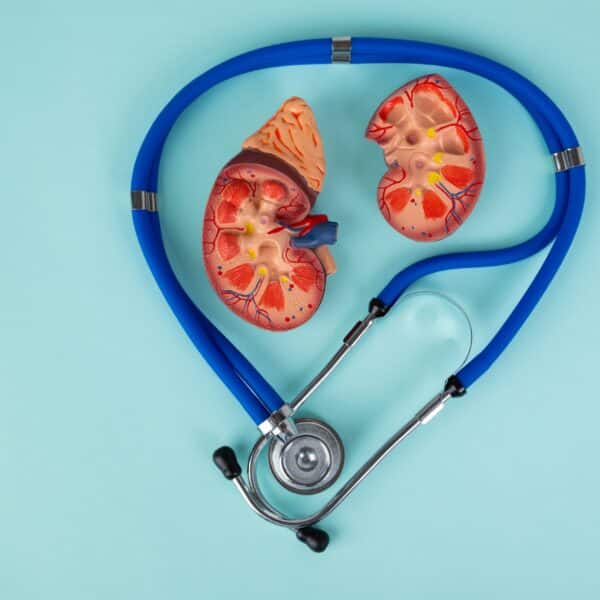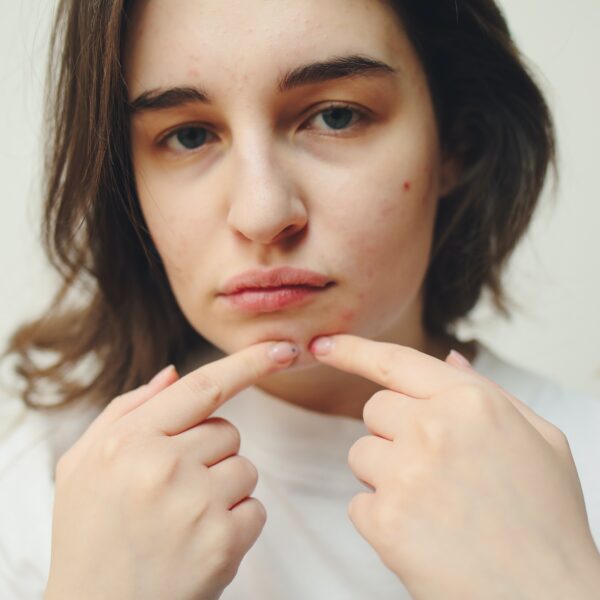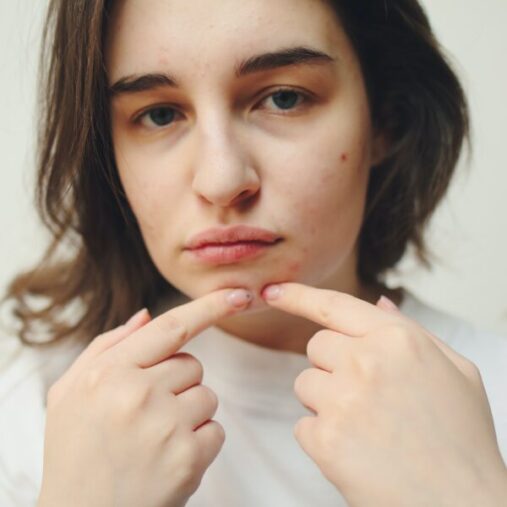Decoding the Relationship Between Cellulite and DNA: Unveiling the Genetic Factors Influencing Skin Health
Aira
on
June 19, 2023
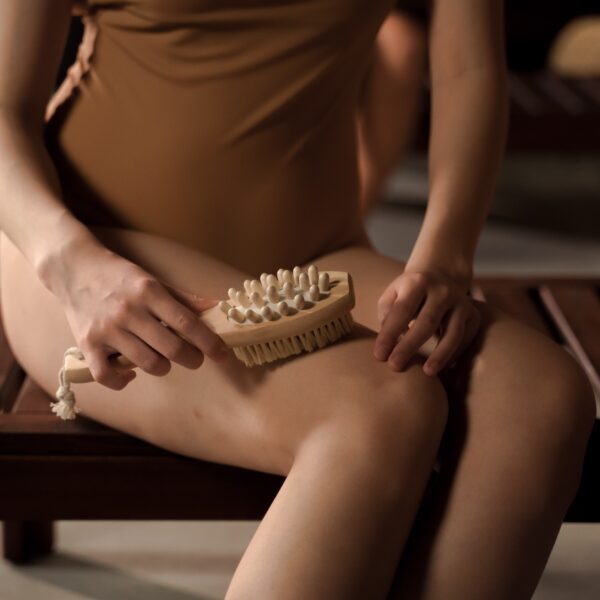
Numerous individuals may experience different types of skin conditions throughout their lives, ranging from minor aesthetic concerns to more serious issues. These cosmetic problems are still valid and you have every right to worry (or not worry) about them for whatever personal reason. Cellulite, in particular, can be a source of trouble for many individuals, particularly women.
Cellulite causes the skin to change in appearance. Instead of looking smooth, tight, and supple, cellulite causes the skin to wrinkle and have an almost orange peel-like appearance. It most commonly occurs in the skin of the buttocks and thighs. Cellulite on stomach and cellulite on arms are also quite common. Cellulite is relatively harmless but their appearance makes them a concern for many. Luckily, there are now many procedures and natural methods that reduce and even eliminate cellulite.
Understanding Cellulite
Dimpled and bumpy skin does not make anyone less of a person nor does it diminish their beauty. These cosmetic problems may be caused by genetics, lifestyle, hormones, and other factors. Cellulite can be mild or more severe wherein it is noticeable even when the skin is relaxed. Due to being found mostly in the buttocks and thighs, as well as the upper arms, lower abdomen, and breasts, many people tend to hide them by using pants or cover-ups.
There is not much scientific evidence on what exactly causes cellulite. There is not one specific cause but rather a mix of genetics and other factors that are more likely to cause people to develop cellulite. Weight and muscle tone might also affect your chances of developing these creases, dimpling, and bumps. Anyone can develop cellulite regardless of weight, skin type, and body structure.
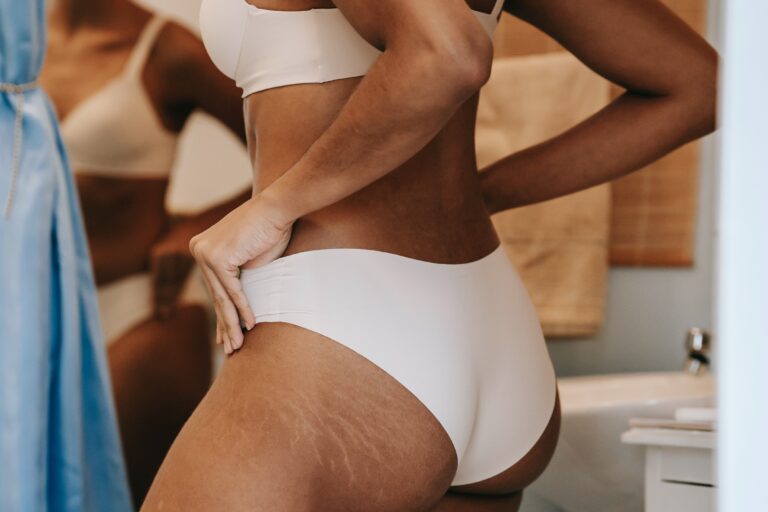
Is cellulite bad?
Cellulite is generally not harmful to your well-being. Most healthcare experts consider cellulite a normal condition for many individuals, just another part of the human body’s progress as it ages. Treatment isn’t usually necessary but if you are very concerned about your cellulite, a dermatologist can help you figure out a treatment plan that could work best for your case.
Some examples of treatments are laser treatments which use laser energy to break up the bands that pull on the skin and cause the dimpling of the skin; Subcision is a surgical procedure that uses a tiny blade to break up the bands; Fillers stimulate collagen production to soften the appearance of dimpling and its texture; Radiofrequency, carbon dioxide, ultrasound, topical creams and lotions, and deep massage devices are some of the newer methods to beat or manage cellulite.
Before going in for any treatment, be sure you work with a medical professional and your primary care physician for you to know the full risks and benefits of these treatments.
Is cellulite genetic?
According to scientific studies, cellulite can be caused by more than just that extra layer of subcutaneous fat that causes the wrinkling and dimpling of the skin. There are genetic factors that need to be considered when looking at how likely you are to develop cellulite later on in your life or even as early as post-adolescence. Interestingly enough, women are more likely to develop cellulite than men and this is because women have more fat distributed in their buttocks, thighs, and hips.
Age also contributes to the development of cellulite. The more you age, the less elastic your skin becomes and many skin conditions start to arise such as cellulite, wrinkles, and skin folds. Other factors such as weight gain or loss, pregnancy, and other health conditions can also affect your skin’s overall condition so that cellulite is more likely to develop.
Want to know more about your genetic likelihood of developing cellulite and unlock personalized skincare suggestions to help prevent and manage this condition? Unlock LifeDNA’s DNA skincare report today.

Other cellulite factors
Other factors might increase your chances of developing cellulite. However, even combined with genetics, these factors do not completely guarantee you will develop the skin condition.
Hormones: Estrogen, noradrenaline, insulin, prolactin, and thyroid hormones all play a part in regulating your skin’s overall condition. They are also part of the cellulite production process, and since these hormones are mostly found in women, they are more likely to develop this skin condition.
Diet: While being a direct or indirect cause of gaining or losing weight, diet also contributes to the severity of cellulite. A poor diet that consists heavily of sugar, fat, carbohydrates, and sodium can affect your skin’s elasticity and directly or indirectly contribute to developing cellulite.
Lifestyle: Individuals that live a sedentary lifestyle, those that smoke a lot, and those that frequently have a lot of alcohol intake may also be more likely to develop cellulite as a direct or indirect result of their lifestyle.
Genetic Testing for Cellulite
Genetic cellulite predisposition can be determined through DNA analysis. There are DNA tests that can tell you about your genetic likelihood of developing this skin condition based on your unique genetic makeup. Combine this with other cellulite factors, you can have a better understanding of cellulite and how to manage them in case you do develop them in the future.
There are thousands upon thousands of beauty and cosmetic companies that produce millions of skincare products that claim to cater to cellulite reduction. Not to mention the dozens of surgical and non-surgical procedures that are available on the market. If you’d like to discover your potential genetic likelihood for certain skin concerns, try a skin DNA test.
Lifestyle Interventions for Cellulite Management
The cost of cellulite reduction procedures can reach thousands of dollars, making them financially inaccessible for many individuals. Moreover, not everyone may be interested in undergoing such treatments. However, it is essential to recognize that you are not obligated to accept and live with this skin condition if you don’t wish to.
It may be challenging at first but there are certain lifestyle changes you can do to manage or reduce your chances of developing cellulite, despite your genetic predisposition to it. Some of these changes include exercise and diet. Workouts that focus on fat reduction and muscle building can lessen the appearance of cellulite as they tighten your skin. A healthier diet can also remove toxins and contribute to fat loss which may lessen the formation of cellulite.
Conclusion
Having cellulite is not the end of the world. There are still options available for managing cellulite, if you choose to do so, without resorting to aggressive treatments. Non-invasive procedures like topical solutions, wave therapies, and other gentle approaches can be considered. It’s worth noting that there is a growing trend in celebrating cellulite, as well as other natural skin and body changes that come with aging, such as wrinkles and greying hair. Ultimately, whether you decide to embrace or address your cellulite is a personal choice entirely within your control
*Understanding your genetics can offer valuable insights into your well-being, but it is not deterministic. Your traits can be influenced by the complex interplay involving nature, lifestyle, family history, and others.
Our reports have not been evaluated by the Food and Drug Administration. The contents on our website and our reports are for informational purposes only, and are not intended to diagnose any medical condition, replace the advice of a healthcare professional, or provide any medical advice, diagnosis, or treatment. Consult with a healthcare professional before making any major lifestyle changes or if you have any other concerns about your results. The testimonials featured may have used more than one LifeDNA or LifeDNA vendors’ product or reports.
